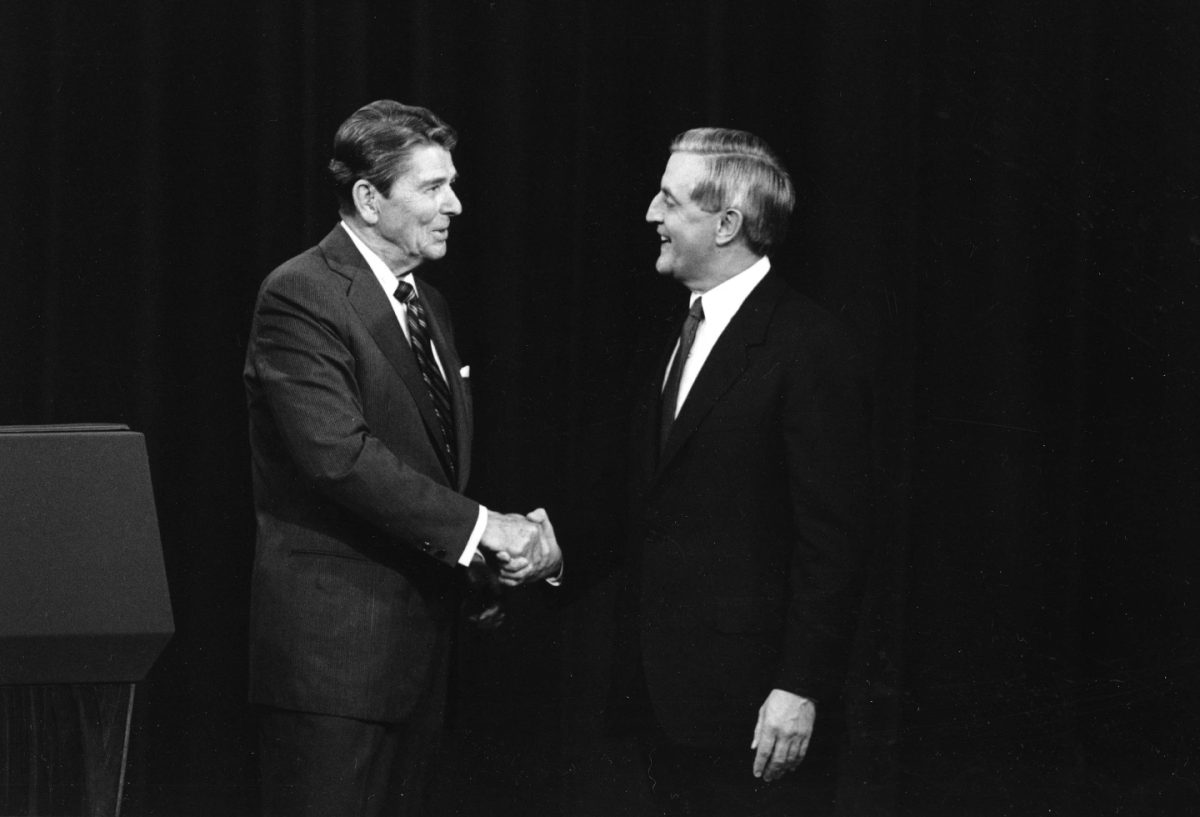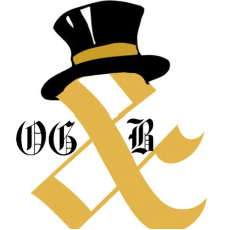Regardless of the quality of the film, Joker — directed by the enigmatic Todd Phillips — has forced itself to the forefront of cinema, much to the ire of the dominant discourse in popular American society.
For the majority of film reviewers and critics, Joker is a picture with an either distressing or empty essence. Jordan Hoffman, critic for The Guardian, suggests that, “for most of its run time, it isn’t quite the alt-right manifesto some of the pre-release discourse suggested.” Yet, still in his review, Hoffman ties the movie to other emblems of “incel” culture as a larger conservative backlash against the oncoming tide of politically correct standards. Critic A.O. Scott of The New York Times posits in his scathing review of the new film, “it must have, if not a coherent point of view, at least a worked-out, thought-provoking set of themes.”
Rotten Tomatoes, the veritable cinematic forum, sums this binary of ideation up in its two measurements of quality; critic and crowd score. While 502 refined reviewers settled at a measly evaluation of 69%, more than 50,000 members of the “audience” resolved for an impressive 89%.
But one might ask, what can this tell us about the impact of the film?
Controversy has been hot on the heels of Joker, even from its initial screenings in Europe, which were met with wild success at the Venice Film Festival in the form of the Golden Lion prize. Joker’s potential and seeming propensity to inspire violence has forced the movie into an alarming collision with the society depicted, rather than a thoughtful shove of the aforementioned community in the supposedly correct direction. It can be said that chaos and a collective anxiety over the consequences of the film have entirely corroded the intended message. One needs only to conduct a Google search of “Joker screenings,” and the results will paint a picture of dark storm clouds advancing on the dim horizon of the perpetually ashen political landscape of the United States.
Todd Phillips and many of the creative minds behind this assertive jab insist that the intent and target of the film has been overlooked. Constantly he says, “let the film speak for itself,” adding in reply to accusations regarding violence, “I thought, isn’t that a good thing, to put real-world implications on violence?” Joker, being quite obviously a reflection of the current New York City and of larger metropolises across the United States, takes up this responsibility of portraying the results of violence and in the same regard generates political implications of its own. The intentional portrayal of oppressive and immovable societal structures imprints itself upon the audience and inspires them to create movement for themselves. Critics fail to realize that Joker offers up an ample thesis that criticizes reigning systems of power. Phillips’ intent for the film, a smashmouth censure of the wealthy and powerful and an uplifting of downtrodden, has been lost in the spiraling furor of popular media. Hell, even Jared Leto appeared in the headlines to air his petty grievances from the shadows.
The fact is that the audience of the film has decoded a message from the film and run with it. In Beirut, protesters don the Joker mask against tax increases and corruption in government. Demonstrators in Hong Kong dress adopt Joker as a symbol of change against the obstinate government.
Quality aside, Joker has overachieved in every respect but the trifling worries of huffy critics. Time will tell if the “responsible” intent of the film will be realized by the audience, or if it will be taken down another horrible path so often traveled in our modern world.








